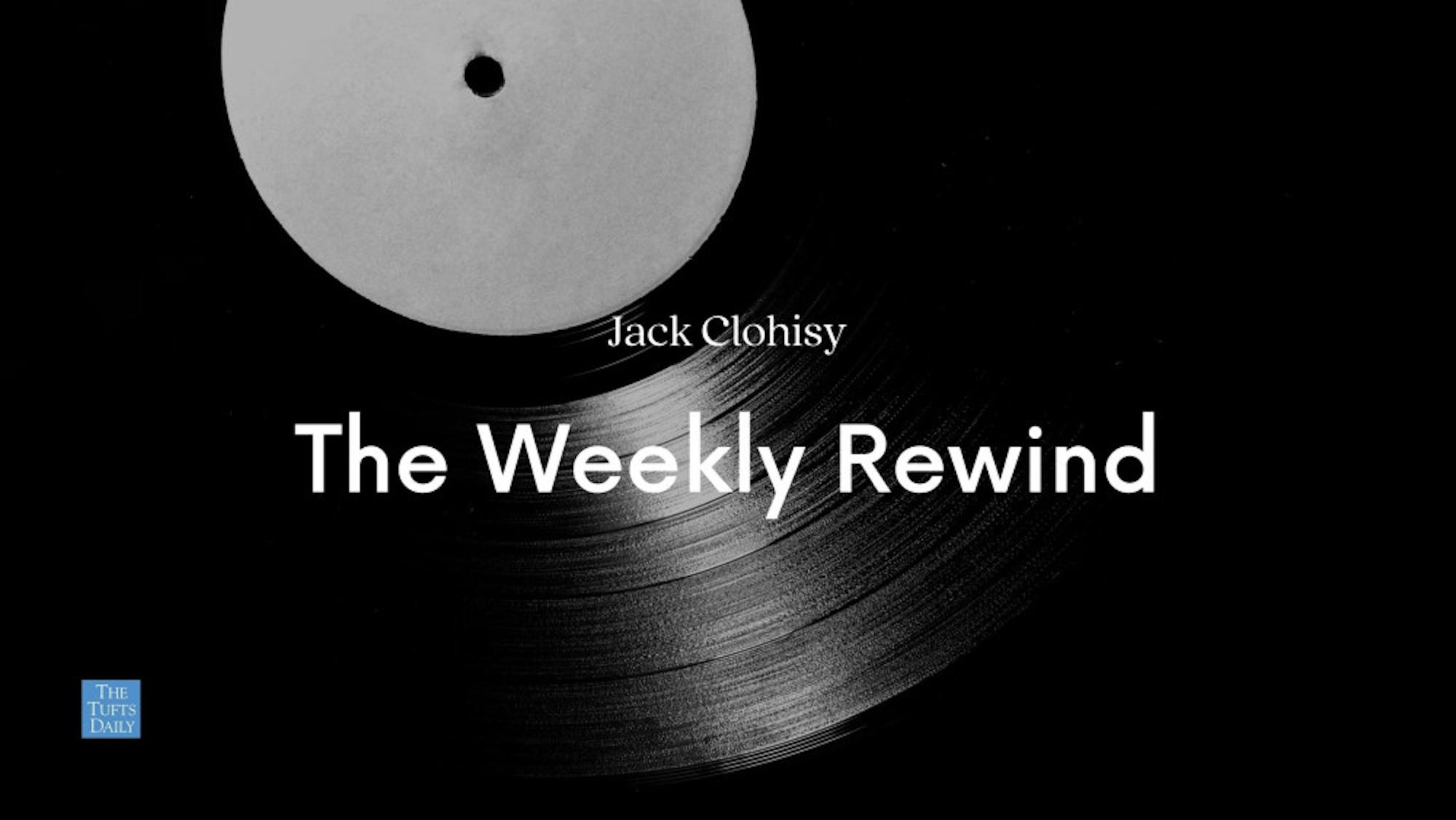Gabby Barrett and Charlie Puth’s duet “I Hope” (2020) reached No. 3 on the Billboard Hot 100 this week, a feat for Barrett, an “American Idol” alumna. However, during a politically divisive time, it is important to bring to light Barrett’s public support for President Donald Trump. As a musician with a massive influence, Barrett’s political stances are disappointing.
With an outpouring ofsupport from artists for President-elect Joe Biden, artists who support President Trump in the mainstream seem few and far between. Barrett has been less vocal about her stance in the 2020 election, but if there’s any place to dig up information about an artist, it’s Twitter.
Barrett hasliked pro-Trump tweets, including “Trump is asking all Christians to pray today at 4 CST (5pm Eastern time) when they go to the Supreme Court” and “President Trump announced this morning that he intends to sign the Born Alive Executive Order to protect babies born alive after failed abortions.” With over 88,000 followers on Twitter, Barrett is using her platform to endorse President Trump.
Despite her political views, “I Hope” is a growing hit.After sitting for 46 weeks on the U.S. chart, her single with Puth completed the longest trip to the top five in Billboard Hot 100 history. Though “I Hope” sustained momentum on the chart for nearly a year, it is evident that Barrett has not used her platform for good during a time when social issues need to be discussed.
Barrett’s stances have the ability to alienate fans who may think differently. For example, Barrett’s public support for tweets about restricting abortion rights outwardly demonstrates her criticism of those who choose to undergo such an operation. The intent of music is to unite people — it is the language everyone speaks — so when Barrett chooses to publicize her harmful political opinions, she is effectively writing off fans.
At the 2018 national tree-lighting event in the White House,President Trump invited Barrett to perform. Barrett said she was “honored” to perform at the event and that it “was an amazing opportunity to represent America and the Lord.” Trump’s presidency has been one of controversy, divisivenessand turmoil to say the least, and for Barrett to go up on stage, ignorant of the issues plaguing this country, was a distasteful act.
Listeners can agree that “I Hope” is popular based on its chart performance, but do audiences always have to separate artists from their art?
No, they do not.
Barrett is responsible for the impact she leaves by publicizing her opinions, so audiences are allowed to boycott her music. Sure, she can make a great song, but her stances are hindering much of the progress still needed in this country. No one is obligated to favor an artist based solely on musical ability; it is the character of artists audiences choose to invest in. In Barrett’s case, it’s completely acceptable to change the radio station when “I Hope” comes on.






